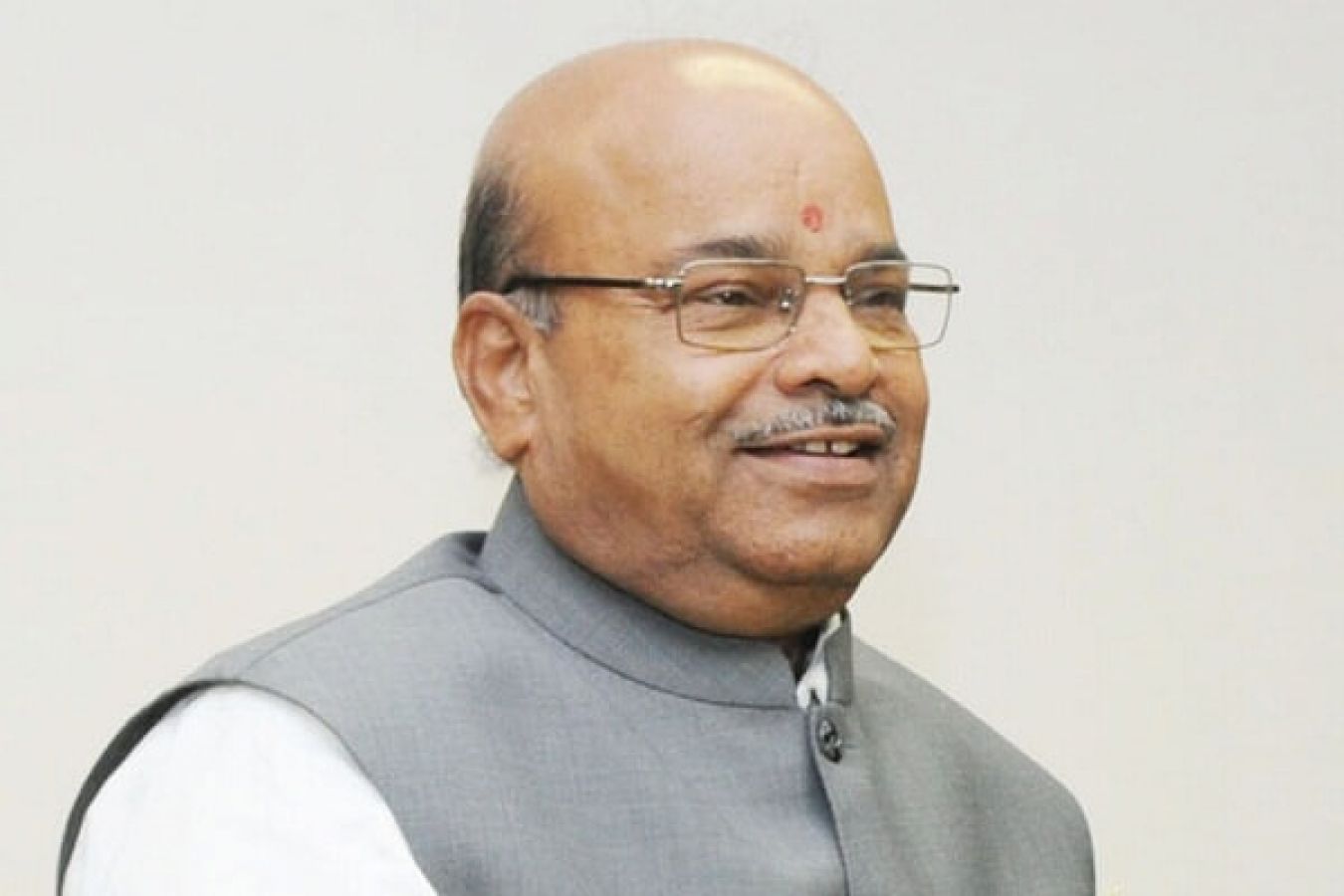NEW DELHI: Social Justice and Empowerment Minister Thawarchand Gehlot has said that barrier-free access to education will be enabled for all children with disabilities in the New Education Policy.
He said on Wednesday that knowledge on how to teach children with specific disabilities will be an integral part of all teacher education programmes under the New Education Policy.
The Union Cabinet approved the National Education Policy (NEP) 2020 on Wednesday. The education policy, framed in 1986, was last revised in 1992.
In a series of tweets, Gehlot highlighted some of the points in the NEP with respect to children with disabilities and those from socio-economic disadvantaged backgrounds.
“Knowledge of how to teach children with specific disabilities will be an integral part of all teacher education programmes,” he said in a tweet.
“Barrier-free access for all children with disabilities will be enabled as per the RPWD Act,” he said in another tweet.
He further said that assistive devices and appropriate technology-based tools, language-appropriate teaching-learning materials will be made available.
“NIOS will develop high-quality modules to teach Indian Sign Language, and to teach other basic subjects using Indian Sign Language,” he added.
“As per the RPWD Act 2016, children with benchmark disabilities shall have the choice of regular or special schooling. Resource centres in conjunction with special educators will support the rehabilitation and educational needs of learners with severe or multiple disabilities,” he said in another tweet.
He further said under the NEP schools and school complexes will be provided resources for the integration of children with disabilities, recruitment of special educators with cross-disability training, and for the establishment of resource centres.
“The fund (Gender Inclusion Fund) will be available to states to implement priorities determined by the central government critical for assisting female and transgender children in gaining access to education (such as the provisions of sanitation and toilets, bicycles, conditional cash transfers, etc),” he said.
Arman Ali, executive director, National Centre for Promotion of Employment for Disabled People (NCPEDP) welcomed that the policy has been aligned with the Rights of Persons with Disabilities Act but said much work still remains to be done.
“We are gladdened by the provisions of the National Education Policy. NCPEDP has been lobbying for inclusion of students with disabilities since 2018. The first revision that came out had not incorporated any of our changes. We are glad to see many of our recommendations have been incorporated and importantly the policy has now been aligned with the Rights of Persons with Disabilities Act,” he said.
“Much work still remains to be done particularly around higher education. We are delighted with the cohesion and collaboration within the sector to ensure that education is accessible, equitable and inclusive and we shall push for implementation with the same spirit and solidarity,” he added.
Shameer Rishad, convenor of disability rights NGO Javed Abidi Foundation said the disability sector will need to monitor this policy with a hawk’s eye and use it for further advocacy to challenge the system.
“A lot of policies are made with the best of intentions but only those which are effectively implemented are the ones which benefit any community.
“The NEP 2020 refers to the RPwD act of 2016 at multiple points, be it when it defines inclusive education or benchmark disabilities but the reality is that the RPwD Act itself has not been implemented,” said Rishad. (AGENCIES)


